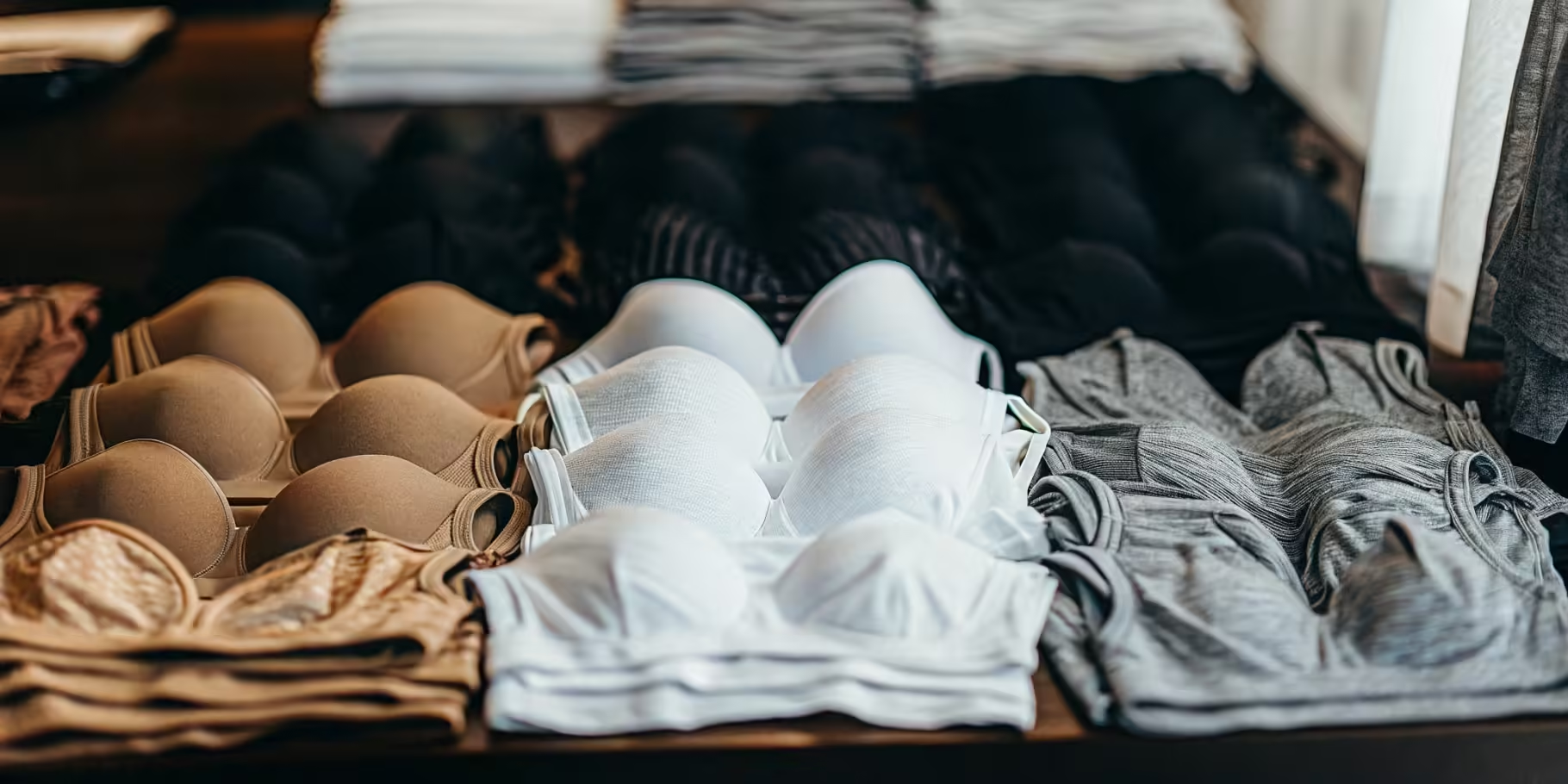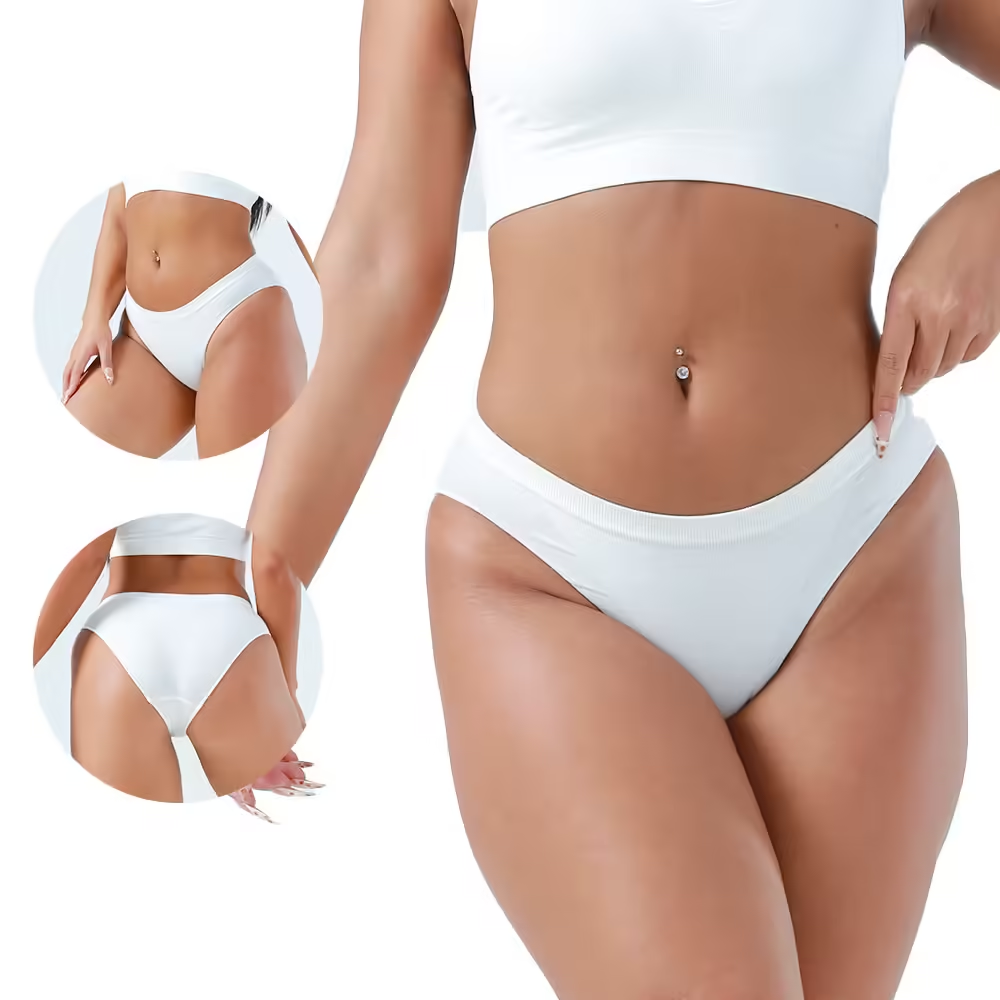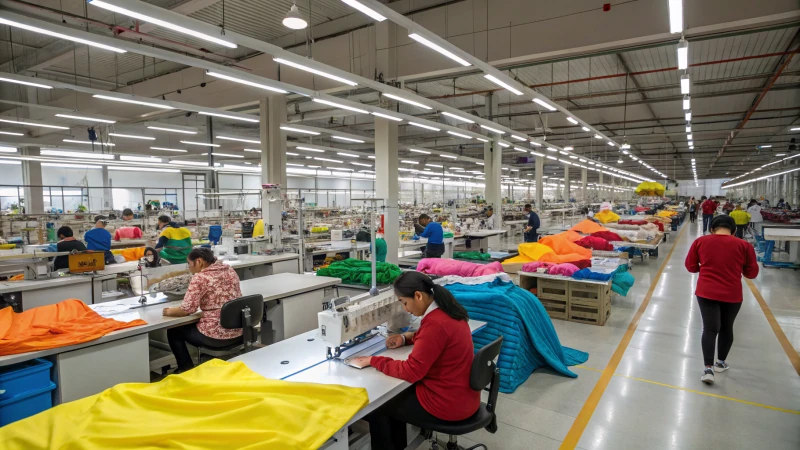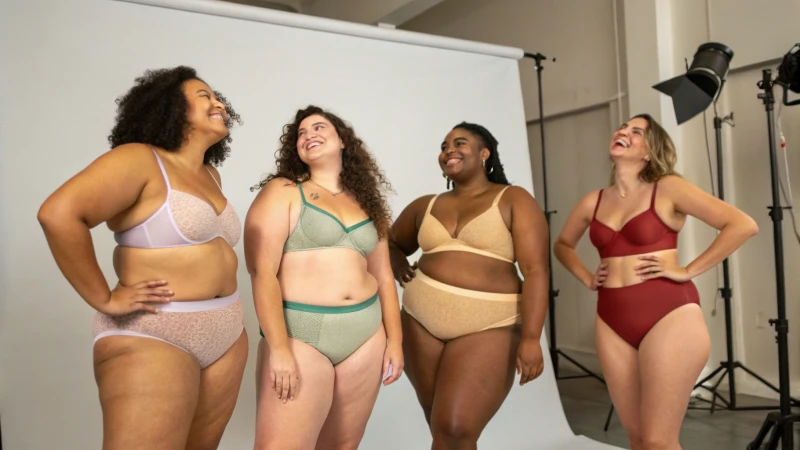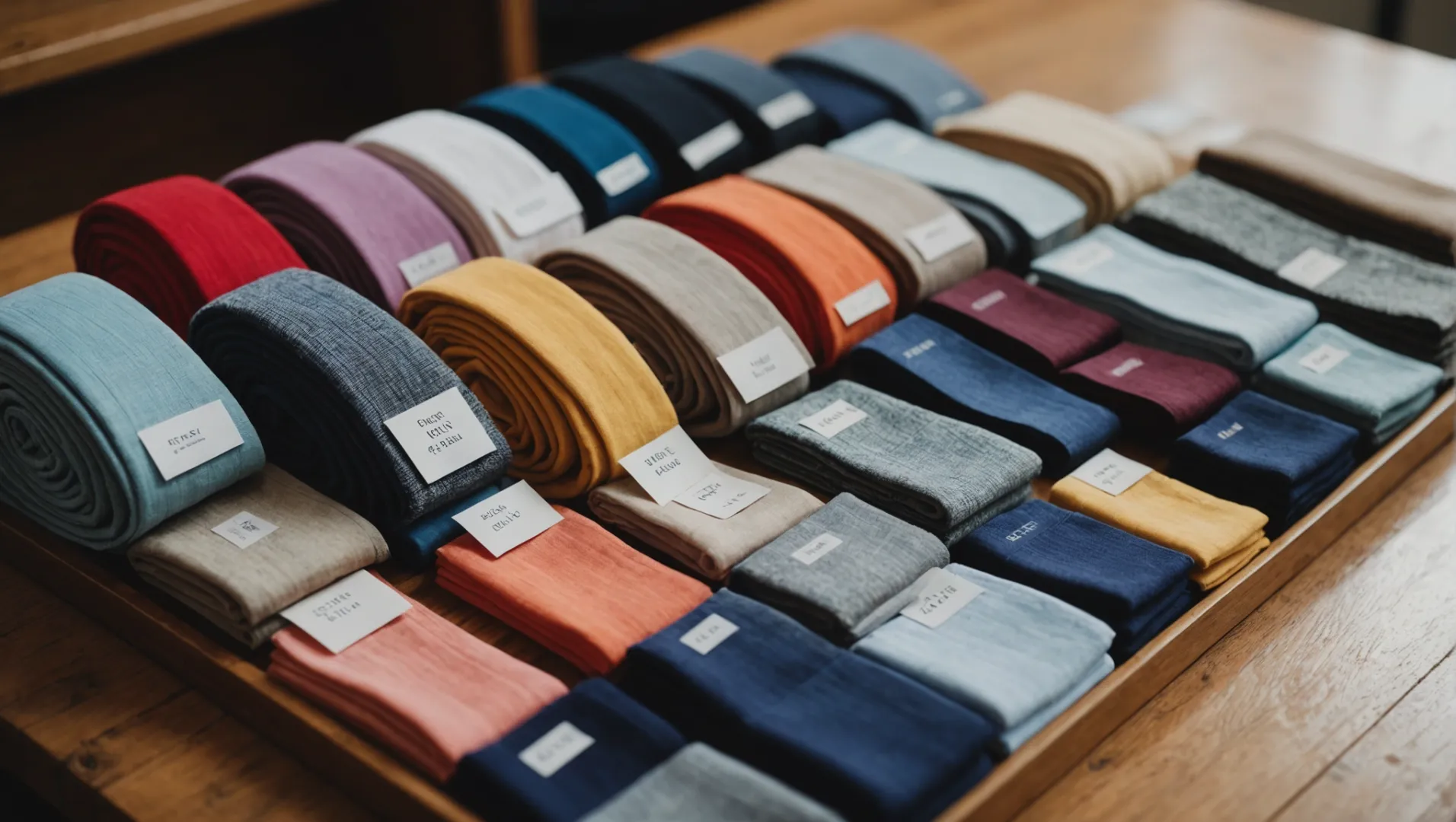
Are you tired of cotton underwear and wondering if there’s something better out there?
Yes, there are several underwear fabrics that can outperform cotton. Fabrics like MicroModal, bamboo, merino wool, Tencel, and nylon offer superior softness, moisture-wicking capabilities, and durability, making them ideal choices for comfort and performance-focused underwear.
While cotton has its merits, it's time to explore the new wave of fabrics that promise not just comfort but also enhanced functionality. Dive into our guide to discover which fabric best suits your lifestyle and needs.
MicroModal is softer than cotton.True
MicroModal's finer fibers make it softer and smoother than cotton.
What Makes MicroModal a Superior Choice for Underwear?
MicroModal is revolutionizing underwear with its unparalleled softness and eco-friendly attributes.
MicroModal stands out as a superior underwear fabric due to its exceptional softness, moisture-wicking properties, and sustainability. Derived from beech tree pulp, it offers a silky touch, making it ideal for those seeking comfort and luxury in their undergarments.
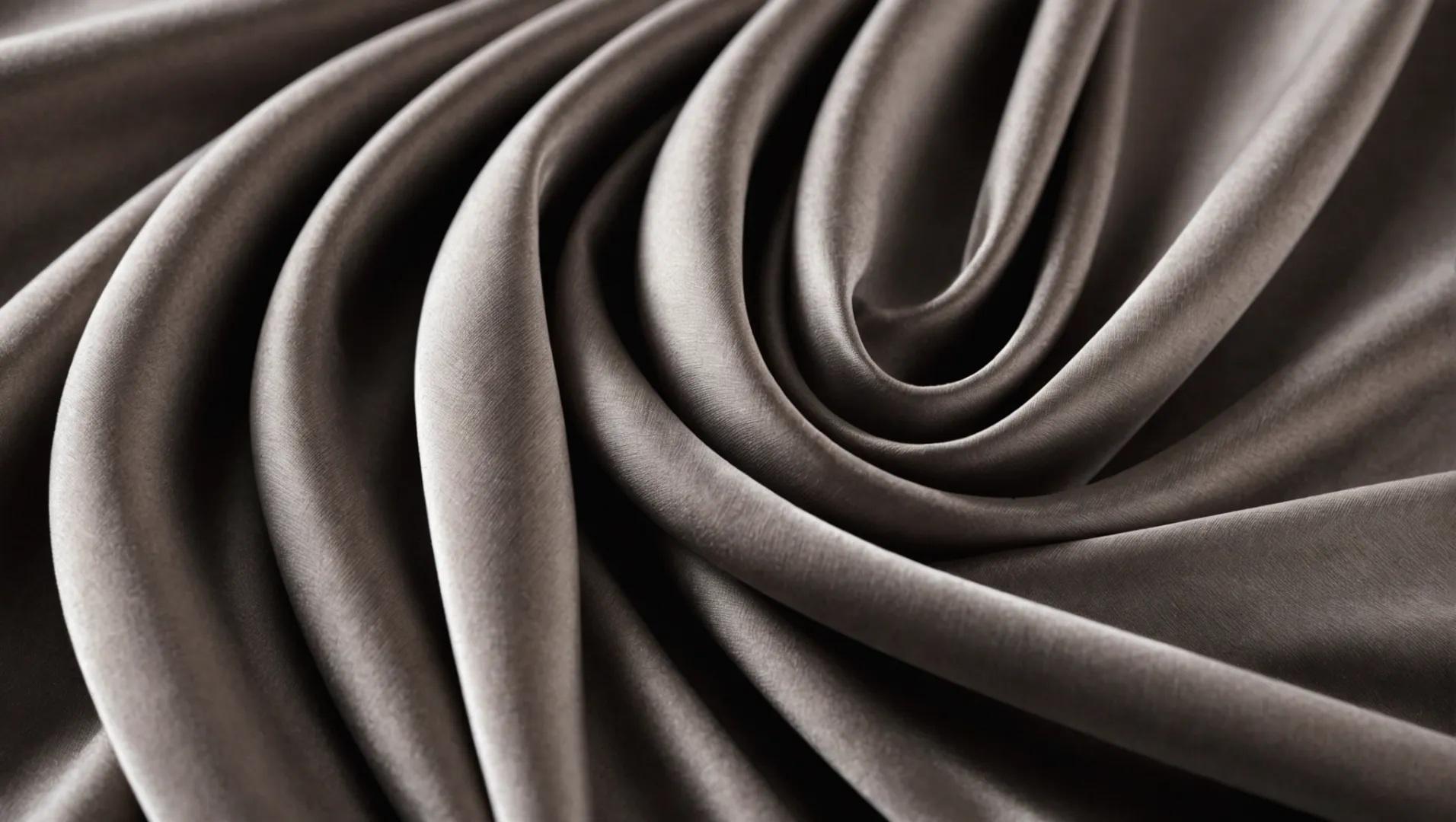
Unmatched Softness
MicroModal is celebrated for its incredibly soft texture, often described as feeling like "second skin." This softness is due to the finer fibers used in the fabric, which are smoother and thinner than cotton. This allows for a gentle touch against the skin, reducing irritation and making it perfect for sensitive skin.
Moisture-Wicking Abilities
One of the standout features of MicroModal is its ability to wick moisture away from the body. This property is crucial for maintaining comfort, especially in warmer climates or during physical activities. By keeping moisture at bay, MicroModal helps prevent discomfort and potential skin issues that arise from dampness.
| Feature | MicroModal | Cotton |
|---|---|---|
| Softness | ⭐⭐⭐⭐⭐ | ⭐⭐⭐ |
| Moisture-Wicking | ⭐⭐⭐⭐⭐ | ⭐⭐ |
| Sustainability | ⭐⭐⭐⭐ | ⭐⭐ |
Sustainability Factor
Unlike many synthetic fabrics, MicroModal is derived from beech trees through an environmentally friendly process. The production involves less energy and water compared to conventional cotton manufacturing. Additionally, the fabric is biodegradable, adding to its appeal for eco-conscious consumers.
Durability and Maintenance
Despite its delicate feel, MicroModal is surprisingly durable. It resists pilling and maintains its shape and color through numerous washes. This longevity ensures that investing in MicroModal underwear provides long-term benefits without frequent replacements.
For those interested in exploring more about eco-friendly materials, learn about sustainable fabrics1. Understanding how different materials impact the environment can guide better consumer choices.
MicroModal is softer than cotton.True
MicroModal's finer fibers make it smoother and softer than cotton.
MicroModal is made from synthetic materials.False
MicroModal is derived from beech tree pulp, not synthetic sources.
How Does Bamboo Compare to Cotton in Comfort and Sustainability?
Bamboo and cotton are popular fabric choices, but how do they stack up in comfort and sustainability?
Bamboo often outshines cotton in both comfort and sustainability due to its softer texture, excellent moisture-wicking properties, and lower environmental impact. While cotton is a staple, bamboo offers a modern alternative that aligns with eco-conscious lifestyles.

Comfort Comparison: Bamboo vs. Cotton
When it comes to comfort, bamboo and cotton each have their unique appeal. Bamboo fabric is renowned for its silky-soft texture, often compared to cashmere. This luxurious feel makes bamboo an excellent choice for sensitive skin or those seeking a plush touch. Additionally, bamboo's natural breathability and moisture-wicking capabilities help keep the skin cool and dry, enhancing overall comfort.
In contrast, cotton is a traditional favorite known for its softness and versatility. It's breathable and absorbs moisture well, but it doesn't wick moisture away from the skin as efficiently as bamboo. This can lead to a less comfortable experience in hot or humid conditions. For individuals prioritizing softness and moisture control2, bamboo may be the superior option.
Sustainability Factors: Bamboo vs. Cotton
From a sustainability perspective, bamboo often has the upper hand. Bamboo plants grow rapidly without the need for pesticides or fertilizers, making them an environmentally friendly crop. They also require significantly less water than cotton plants, which is crucial given global water scarcity concerns.
On the flip side, conventional cotton farming relies heavily on water and chemical inputs, impacting ecosystems negatively. However, organic cotton presents a more sustainable alternative by reducing chemical usage. Yet, even organic cotton struggles to match bamboo's low environmental footprint.
Moreover, bamboo's ability to regenerate quickly after harvesting further underscores its sustainability advantage. For those interested in aligning their purchasing decisions with eco-friendly practices, exploring bamboo textiles3 can be rewarding.
Conclusion
While both fabrics have their merits, bamboo stands out for those seeking a balance of comfort and sustainability. As consumers increasingly prioritize eco-conscious products, understanding these differences can guide more informed choices. Further exploration into the benefits of each fabric can enhance decision-making based on individual priorities and lifestyle needs.
Bamboo fabric is softer than cotton.True
Bamboo's silky texture is often compared to cashmere, making it softer.
Cotton requires less water than bamboo to grow.False
Cotton needs significantly more water than bamboo, impacting sustainability.
Is Merino Wool a Viable Option for Everyday Underwear?
Wondering if Merino wool can transition from the mountains to your daily wear?
Yes, Merino wool is a viable option for everyday underwear. It offers excellent breathability, moisture-wicking, and odor resistance, making it comfortable and hygienic for daily use. Additionally, its natural temperature regulation properties ensure comfort in various climates.
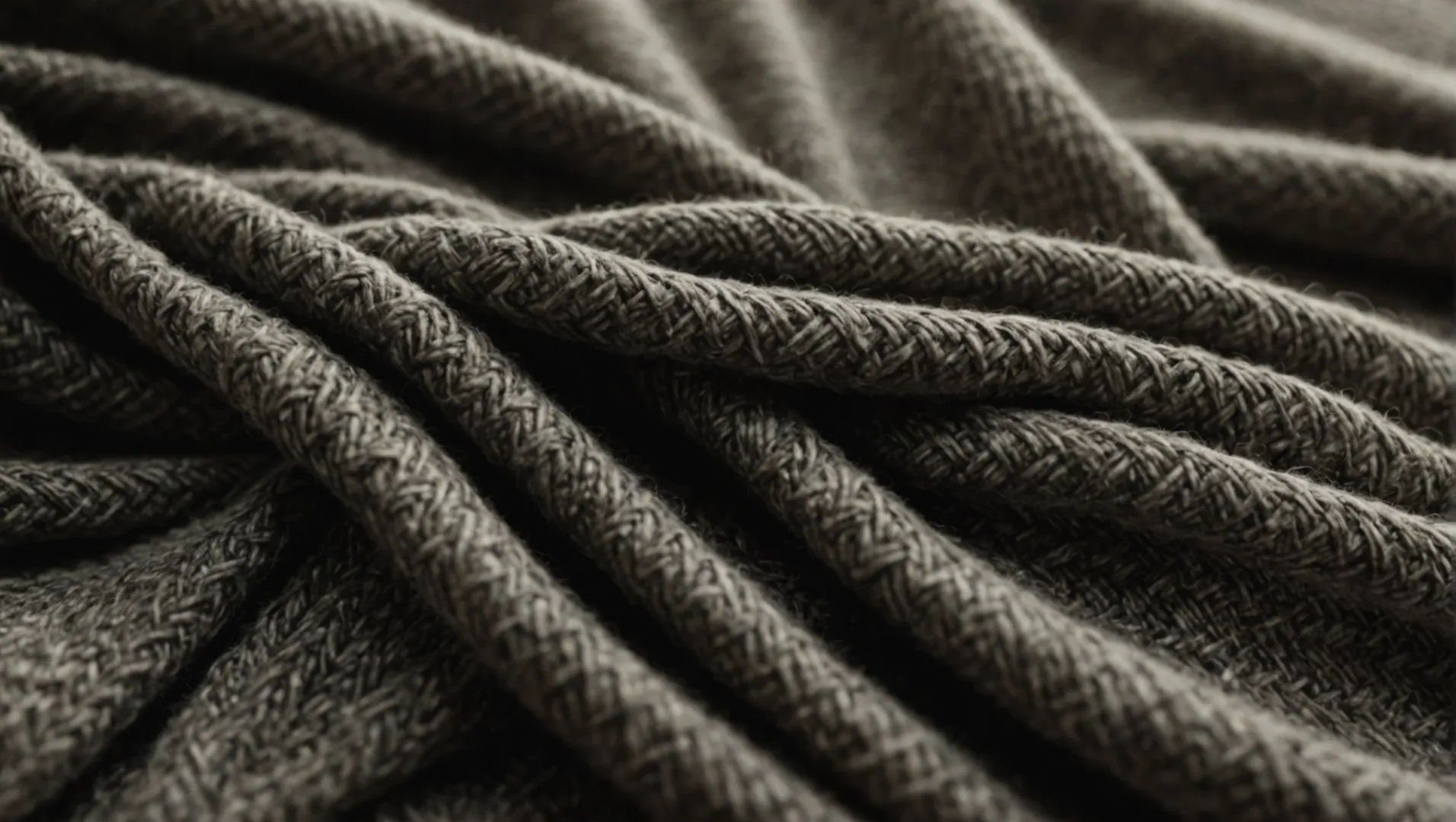
The Natural Benefits of Merino Wool
Merino wool is derived from the Merino sheep, renowned for its fine and soft fibers. These fibers are much thinner than traditional wool, providing a silky feel against the skin, which is essential for underwear.
- Breathability and Moisture-Wicking: Merino wool excels at regulating moisture by wicking sweat away from the body. This keeps the skin dry and comfortable even during intense activities.
- Odor Resistance: Due to its natural antibacterial properties, Merino wool minimizes odor, making it a fantastic choice for individuals on the go or those with active lifestyles.
- Temperature Regulation: The structure of Merino wool fibers allows it to trap heat in cold weather while remaining breathable in warmer conditions, offering all-season comfort.
Comparing Merino Wool with Other Fabrics
When evaluating Merino wool against other popular underwear fabrics, several advantages become clear:
| Fabric | Breathability | Moisture-Wicking | Odor Resistance | Temperature Regulation |
|---|---|---|---|---|
| Merino Wool | High | High | High | Excellent |
| MicroModal | High | High | Moderate | Moderate |
| Bamboo | Moderate | High | High | Moderate |
| Tencel | High | High | Moderate | Moderate |
Sustainability and Ethical Considerations
In addition to performance, Merino wool is often praised for its environmental benefits. It's biodegradable and renewable, as sheep are shorn annually without harm. However, ensure that the products are sourced from ethical farms that practice humane animal treatment and sustainable farming methods.
Practical Insights for Everyday Use
Merino wool underwear is suitable for various activities ranging from office wear to hiking adventures. It's particularly beneficial for individuals who experience fluctuating temperatures throughout the day or have sensitive skin prone to irritation with synthetic materials.
When selecting Merino wool underwear, consider factors such as weight (lightweight for summer, midweight for winter) and fit to ensure maximum comfort. Remember that while it's more expensive than cotton, its durability and versatility can justify the investment over time.
To explore more about sustainable clothing materials4, consider how innovations in fabric technology are transforming the fashion industry.
Merino wool underwear is odor-resistant.True
Merino wool's natural antibacterial properties minimize odor, ideal for active use.
Merino wool is less breathable than MicroModal.False
Merino wool has high breathability, comparable to or better than MicroModal.
Why Should You Consider Tencel or Nylon for Active Wear?
Curious about the perfect fabric for your active lifestyle? Discover why Tencel and nylon are top contenders.
Tencel and nylon are excellent choices for active wear due to their exceptional moisture-wicking properties, durability, and comfort. They outperform cotton by providing better breathability and flexibility, essential for high-performance activities.
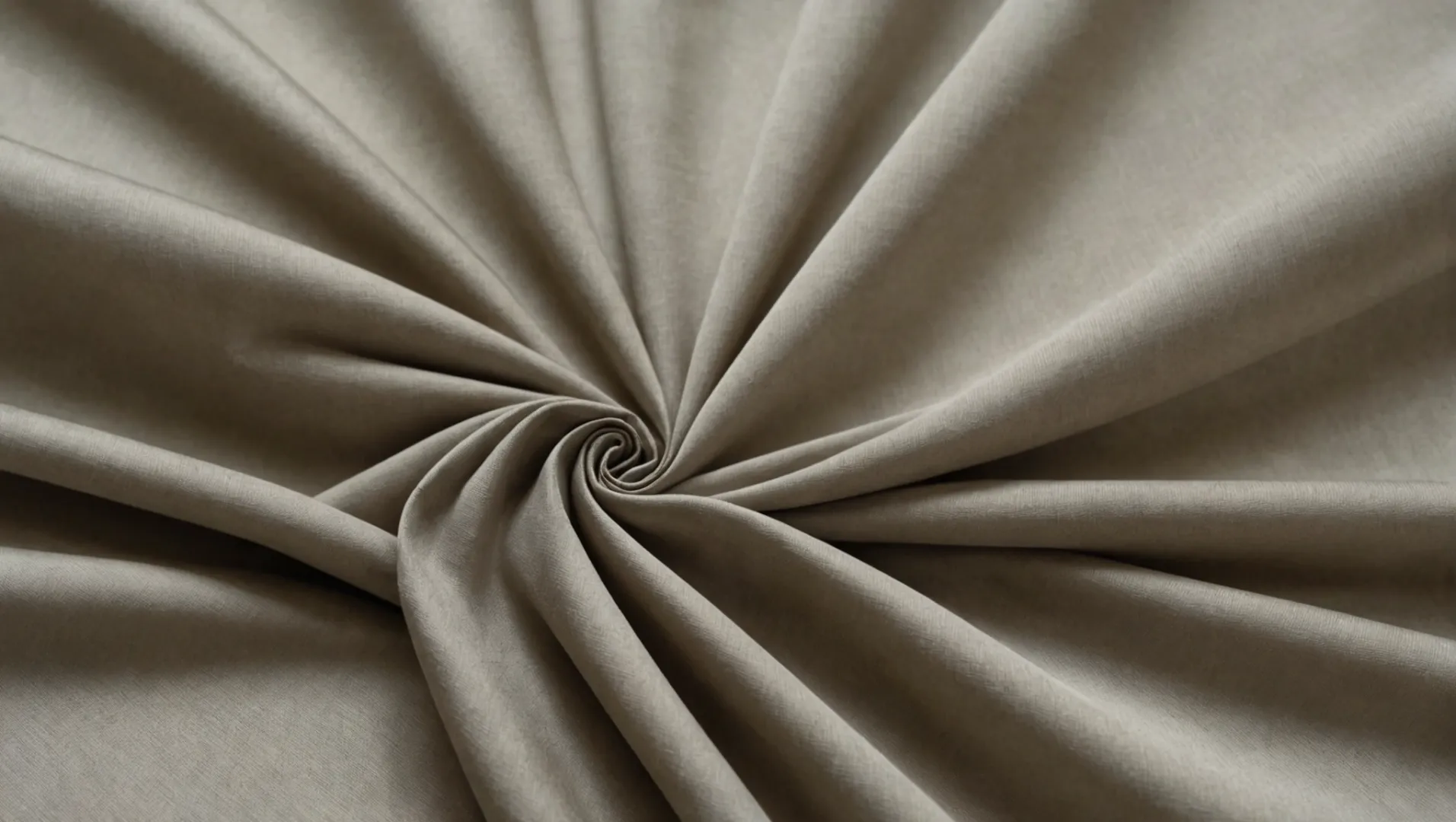
Understanding the Benefits of Tencel
Tencel is a branded fiber made from the cellulose found in wood pulp, particularly from sustainably managed eucalyptus trees. What makes Tencel stand out is its eco-friendly production process5. This fabric is not only biodegradable but also produced with minimal environmental impact.
Key Benefits of Tencel:
- Moisture Management: Tencel fibers are hydrophilic, which means they absorb moisture efficiently, keeping your skin dry and comfortable.
- Softness: Known for its silky feel, Tencel provides an ultra-soft texture that reduces skin irritation during prolonged activities.
- Temperature Regulation: This fabric adapts to your body temperature, offering a cooling effect when things heat up.
Why Nylon is Ideal for Active Wear
Nylon is a synthetic fiber renowned for its strength and versatility. Its long-standing use in active wear stems from its ability to withstand rigorous physical activity while maintaining shape and resilience.
Key Benefits of Nylon:
- Durability: Nylon's robust structure ensures that it can handle repeated wear and tear, making it perfect for intense workouts.
- Flexibility: Its stretchiness offers excellent freedom of movement, crucial for activities like yoga or running.
- Quick-Drying: Nylon dries rapidly, preventing sweat accumulation and reducing the risk of bacterial growth.
Comparing Tencel and Nylon
| Feature | Tencel | Nylon |
|---|---|---|
| Moisture Management | High | Moderate |
| Eco-Friendliness | High | Low |
| Durability | Moderate | High |
| Comfort | High | Moderate |
Making the Right Choice
When choosing between Tencel and nylon for active wear, consider your specific needs. If you prioritize sustainability and softness, Tencel is an excellent choice. However, if durability and flexibility are more crucial for your activities, nylon might be more suitable. Ultimately, both fabrics offer benefits that can significantly enhance your active lifestyle6.
Tencel is more eco-friendly than nylon.True
Tencel's production uses sustainable wood pulp, unlike nylon.
Nylon has better moisture management than Tencel.False
Tencel absorbs moisture efficiently, outperforming nylon.
Conclusion
Consider trying alternative fabrics like MicroModal or bamboo for enhanced comfort and performance. Your choice can redefine your daily comfort and support sustainable living.
Discover how sustainable fabrics benefit the environment and support eco-friendly choices.: Sustainable fabrics are textiles and materials that are designed to reduce the negative impacts caused to the planet. ↩
Discover why bamboo feels softer against the skin.: Cotton is certainly comfortable, but it simply can't compare to the luxurious softness of clothing made from bamboo. The secret lies in the ... ↩
Learn about bamboo's eco-friendly growth and production advantages.: Bamboo improves soil quality and prevents erosion. Because bamboo growth expands via underground shoots, soil is not disturbed by heavy machinery when ... ↩
Discover innovative eco-friendly fabrics revolutionizing modern fashion.: We've rounded up eight fabrics and fibres that live up to the hype including plant-based recycled cotton, organic linen, organic hemp, and TENCEL Lyocell. ↩
Learn about how Tencel is made sustainably.: TENCEL™ Modal production process is based on a highly resource-efficient production technology with high recovery and recycling rates. ↩
Explore how an active lifestyle can improve your well-being.: Regular physical activity can help keep your thinking, learning, and judgment skills sharp as you age. It can also reduce your risk of depression and anxiety ... ↩

